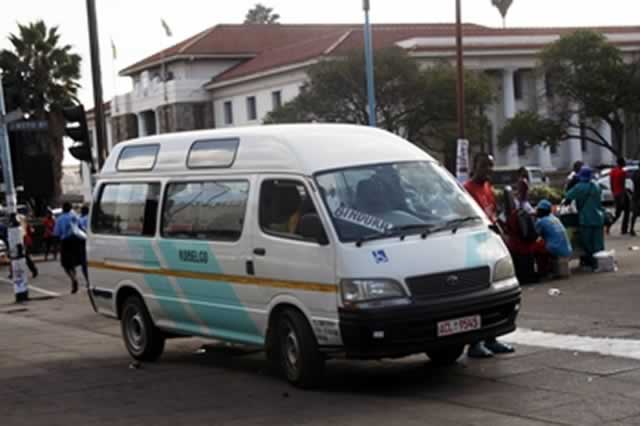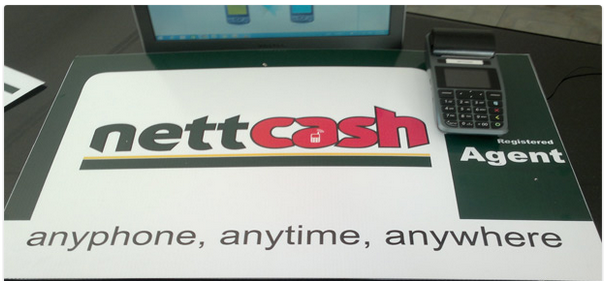Editorial Comment: Fining commuters no magic bullet

The introduction of a $200 fine for commuters looking to board at illegal pick-up points is all very well so far as it spreads to all parties concerned; the responsibility to stick to designated commuter omnibus pick-up points.
There is no doubt that there is urgent need for sanity on the streets of Harare.
Unimaginable as it may seem for Harare, it is possible for commuter omnibus crews to operate within the confines of the law.
In almost every other city and town in Zimbabwe, they do not seem to have any problems in picking up passengers at designated points. This same system of public transport is viable in neighbouring South Africa and other countries on the continent.
Julius Nyerere Way and Robert Mugabe Road become impassable during the evening peak hour, not because of traffic volumes, but because several lanes are blocked by commuters waiting for transport at non-designated spots.
So fining them steeply could be the deterrent needed for everyone to head for designated pick-up areas. With no commuters to pick up, the kombis will have to be compliant as well. It appears to be the perfect solution.
But like all other brilliant ideas we have heard in the past, it is doomed to fail. Simply because the problem with the traffic jungle in Harare is not a dearth of laws, but laxity in enforcement.
As with many other problems bedevilling the country, corruption is at the heart of the problem. Enforcers routinely take bribes to turn a blind eye to vice.
This is the sole reason why lawlessness has become the normal situation with attempts to enforce laws appearing to be aberrations.
We will pick just a few examples of the bright new ideas that have failed because of a questionable will on the part of the responsible authorities to see them succeed.
The idea of holding bays was a brilliant initiative which would have decongested the CBD.
But the site near Colcom has developed into a white elephant with Chinhoyi Street more congested than ever. Few drivers dare risk their personal vehicles in the street as kombi drivers and pirate taxis in the area seem to have acquired their own version of the highway code.
So a few months after a solution had been proposed, it was back to square one. But let the record indicate that the problem does not lie with the idea, but with its implementation. Commuter omnibus crews who were compliant when the move was introduced realised that they were the biggest losers.
They were the ones that ended up with a few trips per day while crews that paid bribes skipped queues and had more money.
Another great idea was the acquisition of trucks by the municipal authorities to physically haul off the small pirate taxis commonly known as “mushikashika” cars. Months later the reckless drivers of these vehicles continue to clog the streets at what have become their permanent pick up points like the stretch of Leopold Takawira Avenue bound by Robert Mugabe and Kwame Nkrumah roads. Now they are into Nelson Mandela.
Ironically, the main pick-up point for these illegal taxis is right behind Town House and in front of Cleveland House, yet another municipal property. We could talk about the introduction of spikes, the prohibitive costs of reclaiming clamped and towed away vehicles, unending roadblocks, the tragic high speed chases and other measures introduced over the past few years. But the story is the same. There has been no behavioural change in the target population of commuter omnibus crews.
Because they have found no valid reason to change the way they do business. Instead they have adapted to each measure introduced by becoming even more lawless as they know that they can always bribe their way out of any situation. What is to stop them from continuing to pay enforcers to look the other way while they load at undesignated points?
Therefore we do not have much hope that the creation of yet another by-law will in itself be a magical solution.







Comments